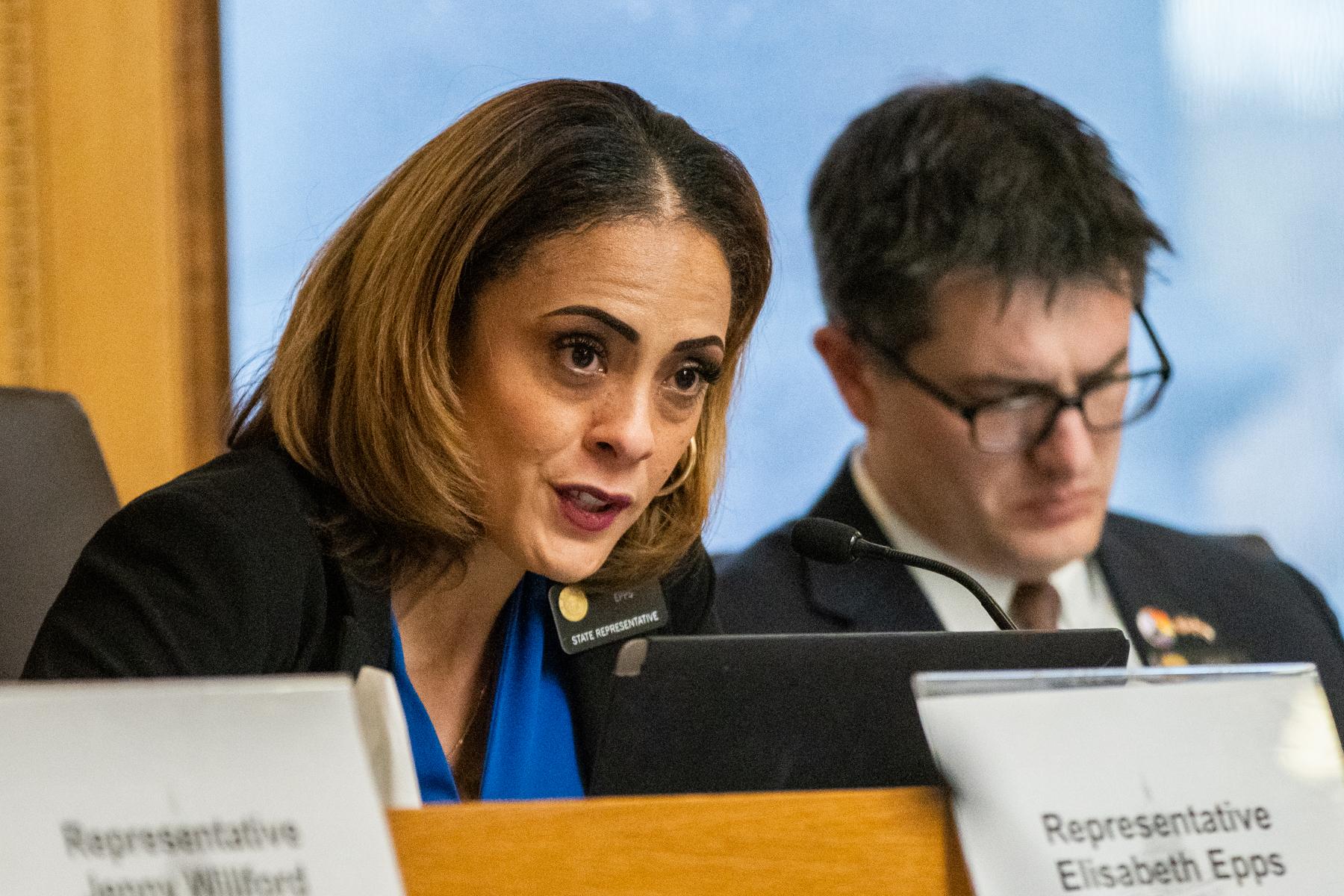
Gov. Jared Polis on Tuesday rejected a bill passed by the legislature that would have changed how incarcerated people ask for shorter prison sentences from the governor.
The governor — and only the governor — has the power of clemency. He can shorten prison sentences and grant pardons.
The proposed law, HB23-1214, would have set out new details about how the governor’s office manages those applications for sentence commutations.
The bill, which was sponsored by Democrats, would have created a uniform application that inmates could use to file for clemency, with requirements such as including a personal letter, letters from supporters and details about their plans upon release. An “executive clemency representative” would oversee the process, including a requirement that the state provide updates to applicants.
The measure also would have detailed factors that the governor “may” consider while granting clemency — but it left the ultimate decision to the governor.
Still, Polis said that the bill would have unconstitutionally infringed on the governor’s power over clemency, which is guaranteed in the constitution. Attorney General Phil Weiser was in agreement, Polis said.
“The Colorado Supreme Court has repeatedly held that granting clemency is an exclusive power of the Governor and has held that intrusions into this power are unconstitutional violations of the doctrine of separation of powers,” he wrote in a veto letter. “While the bill is well-intentioned, the Colorado Constitution clearly sets out that the legislature may not prescribe the manner of applying for commutations.”
Rep. Elisabeth Epps, a sponsor of the bill, said she was disappointed for people it would have benefited. She said she is confident the bill was constitutional, and that legislative staff had agreed.
“We’re talking about a statute that would have dictated the behavior of actors who are not the governor. It talks about what people can submit,” she said. The bill was cosponsored by Sen. Julie Gonzales and Sen. James Coleman, both Democrats.
Epps said they had amended the bill to meet some of the governor’s concerns, including by removing a requirement that the administration release information about the number of pending applications for clemency and other data.
During a hearing for the bill, people who had been through the process said it’s currently an unclear and confusing experience, especially for those without attorneys.
“This bill is about clarity and it’s about transparency, but more importantly, it’s about doing justice to the actual process of clemency,” said Abron Arrington, a program manager with the Second Chance Center who was granted clemency in 2019.
People who testified said they often had no idea whether their application for clemency had even been received.
“It’s the angst, it’s the anxiety, it’s a loss of motivation to stay optimistic,” Epps said. “When you’re in this perpetual pending status, it’s wildly depressing, and you can’t even start over.”
The governor’s veto letter said the bill was “well-intentioned” and praised advocates for “engaging in our legislative process.”
Epps said that while she disagreed with the governor, she was glad to have him use his formal veto power to kill the bill, and that he explained his action. Often, the governor can use soft power earlier in the process to encourage the legislature to defeat bills he dislikes.








